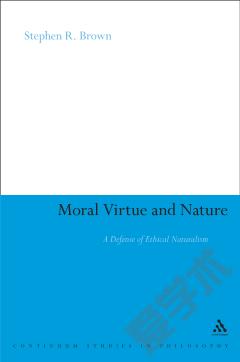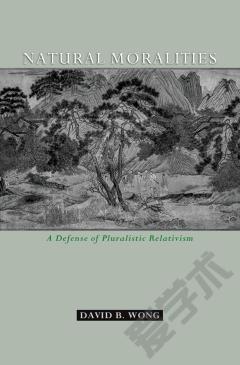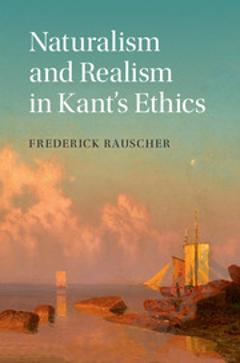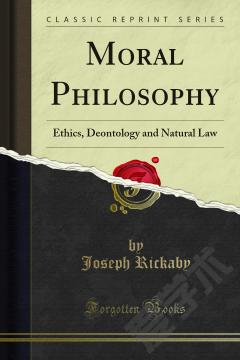Moral Virtue and Nature —— A Defense of Ethical Naturalism
----- 道德美德与自然
What make someone a good human being? Is there an objective answer to this question, an answer that can be given in naturalistic terms? For ages philosophers have attempted to develop some sort of naturalistic ethics. Against ethical naturalism, however, notable philosophers have contended that such projects are impossible, due to the existence of some sort of 'gap' between facts and values. Others have suggested that teleology, upon which many forms of ethical naturalism depend, is an outdated metaphysical concept. This book argues that a good human being is one who has those traits the possession of which enables someone to achieve those ends natural to beings like us. Thus, the answer to the question of what makes a good human being is given in terms both objective and naturalistic. The author shows that neither 'is-ought' gaps, nor objections concerning teleology pose insurmountable problems for naturalistic virtue ethics. This work is a much needed contribution to the ongoing debate about ethical theory and ethical virtue.
{{comment.content}}








 京公网安备 11010802027623号
京公网安备 11010802027623号